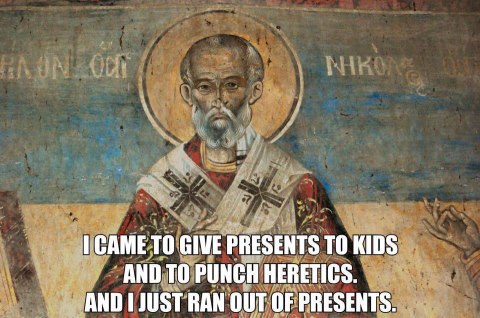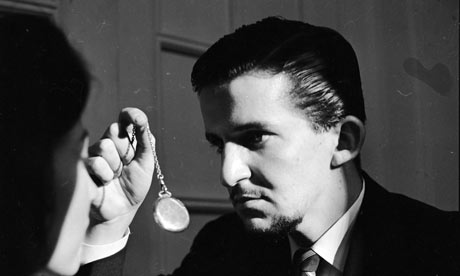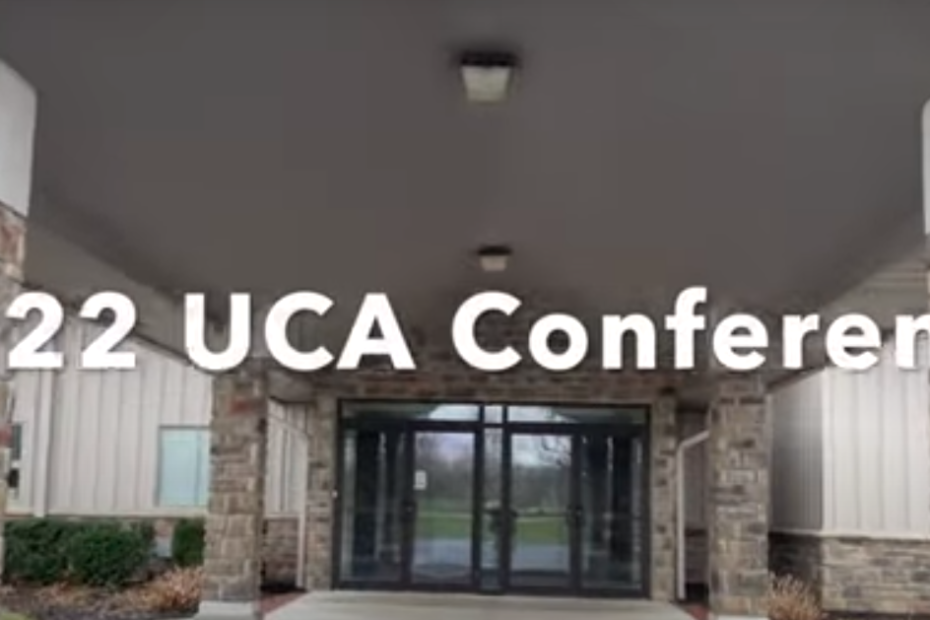Arguing against no one
 Princeton philosopher Thomas Kelly in a paper on the epistemology of disagreement (i.e. what the reasonable response when we find the people just as smart and informed etc. as us disagree on some important matter):
Princeton philosopher Thomas Kelly in a paper on the epistemology of disagreement (i.e. what the reasonable response when we find the people just as smart and informed etc. as us disagree on some important matter):
In principle, we ought to be able to give due weight to the available reasons that support a given view, even in the absence of actual defenders of the view who take those reasons as compelling. But in practice, the case for a view is apt to get short shrift in the absence of any actual defenders. The existence of actual defenders can serve to overcome our blindspots by forcefully reminding us just how formidable the case is for the thesis that they defend… But the case for a given view itself is no stronger in virtue of the fact that that view has actual defenders…
Thomas Kelly, ” The Epistemic Significance of Disagreement,” p. 31 (in pre-print).
At first this reminded me of a proverb I’ve often thought of when reading some catholic theologian who has evidently never put the slightest effort into understanding the overall case for unitarianism:
“The first to speak in court sounds right–until the cross-examination begins.” Proverbs 18:17 (NLT)
But this is actually a different point than Kelly’s. A better courtroom analogy for Kelly’s point is:Read More »Arguing against no one

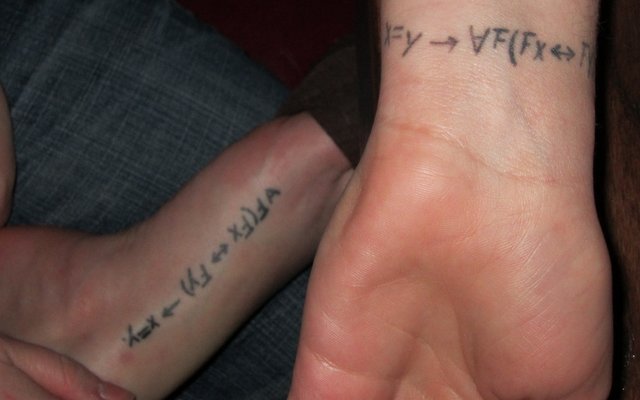
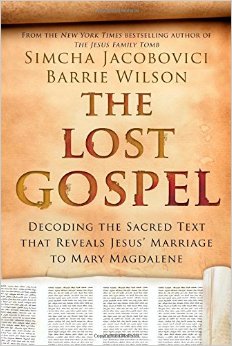
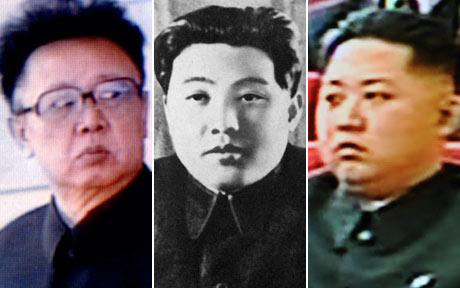

 The news came by state radio, state newspaper, and state television. Great Leader Kim Il-Sung had make a startling announcement.
The news came by state radio, state newspaper, and state television. Great Leader Kim Il-Sung had make a startling announcement.
